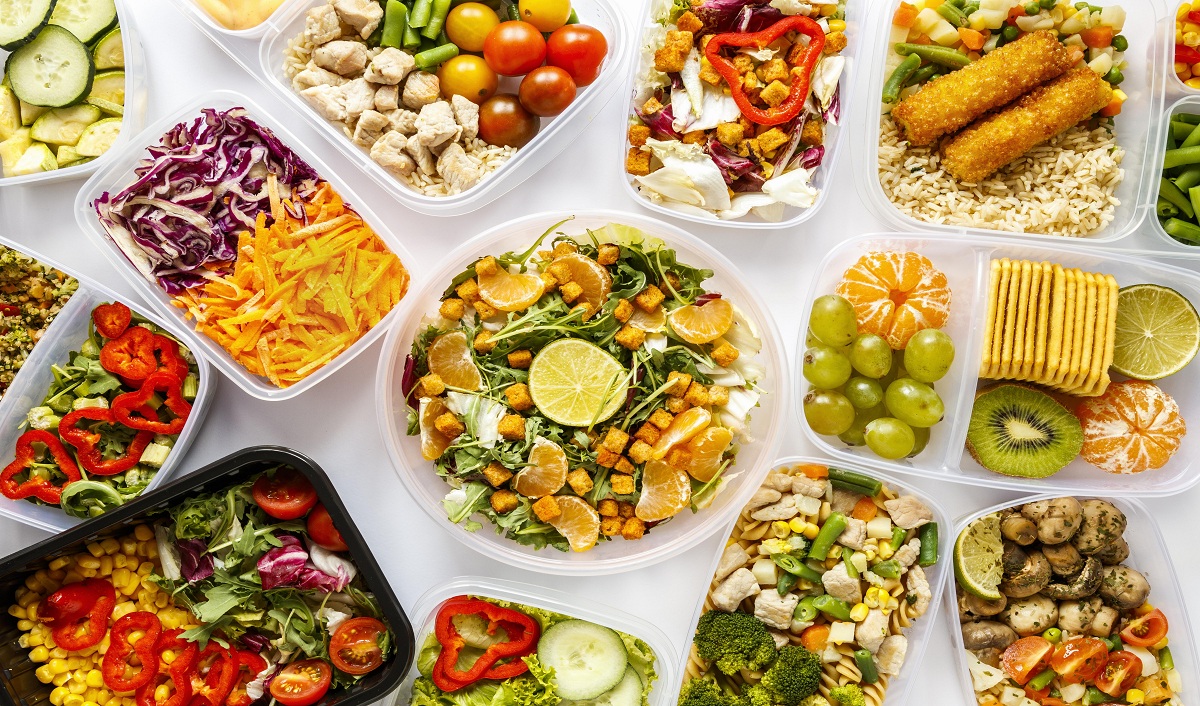Healthy Eating and Organic Food Trends are rapidly shaping lifestyles across the Gulf, reflecting a major shift in how people view their diets, health, and overall well-being. In a region once dominated by fast food culture and convenience-based meals, there is now a noticeable turn toward clean, mindful eating. Families, youth, and even policymakers are all recognizing the value of nutritious meals and organic products in building healthier communities.
This transformation is not just about food—it is about lifestyle, sustainability, and long-term health goals. Let’s explore how these trends are evolving across Gulf countries, what drives them, and how they are reshaping markets and cultures.
The Rise of Healthy Eating in the Gulf
Healthy eating has become more than a personal choice in the Gulf—it is increasingly a social movement. Urban residents, especially in cities like Dubai, Riyadh, and Doha, are prioritizing wellness after years of rising obesity, diabetes, and heart-related illnesses. Governments are also running national campaigns to encourage healthier food consumption, while restaurants and cafes are shifting menus to meet this demand.
Key drivers fueling this trend include:
- Awareness campaigns: Health ministries regularly promote balanced diets and reduced sugar intake.
- Fitness culture: Gyms, yoga studios, and fitness influencers are linking exercise with clean eating.
- Medical advice: Doctors increasingly prescribe dietary changes alongside treatments for chronic conditions.
The result is a generation that values portion control, nutrient-rich foods, and smart meal planning.
Organic Food Trends on the Rise
Organic food trends in the Gulf are also booming. Once seen as a niche product for the wealthy, organic items have now become mainstream in supermarkets and farmer’s markets. The demand is driven by concerns over pesticides, chemicals, and artificial additives that dominate processed foods.
Supermarket chains and specialty stores are dedicating entire sections to organic produce, dairy, and pantry items. Many Gulf-based farms have also embraced organic farming methods, reducing reliance on imports and creating sustainable local supply chains.
Popular organic categories in the Gulf include:
- Fresh fruits and vegetables
- Whole grains and pulses
- Hormone-free dairy and meat products
- Organic baby food and snacks
This shift is not only creating healthier diets but also empowering local farmers to expand sustainable agriculture practices.
Government Initiatives Supporting Healthy Eating
Healthy eating and organic food trends are receiving strong backing from Gulf governments. National health authorities have identified diet-related illnesses as pressing concerns, leading to regulations that encourage healthier food availability.
Examples of recent initiatives include:
- Sugar and soda taxes introduced in Saudi Arabia and the UAE to reduce consumption.
- Mandatory calorie labeling in restaurants, ensuring customers make informed choices.
- School meal reforms to provide healthier lunches for children.
- Support for organic farming projects through subsidies and training programs.
Such policies are shaping healthier consumer habits and pushing the private sector to invest in wellness-oriented food solutions.
The Role of Technology and Online Platforms
The digital revolution has also fueled healthy eating and organic food trends across the Gulf. Online grocery platforms and food delivery apps now offer wide selections of healthy and organic options, making it easy for busy residents to adopt better diets.
Popular health-focused apps provide:
- Calorie tracking and personalized nutrition advice
- Online meal plans tailored to local cuisines
- Direct access to organic farmers and suppliers
- Subscription-based healthy meal kits
Social media influencers are also playing a crucial role by promoting plant-based diets, clean eating challenges, and sharing personal health journeys that inspire millions of followers across the region.
Restaurants and Cafes Adapting to the Trend

The Gulf’s dynamic food industry is quickly responding to the growing appetite for healthy eating and organic food trends. Restaurants that once focused only on fast, indulgent meals are now offering wellness menus with options such as:
- Vegan and vegetarian dishes
- Gluten-free meals
- Cold-pressed juices and detox programs
- Farm-to-table dining experiences
Upscale cafes in Dubai, Doha, and Manama have also begun sourcing directly from local organic farms, ensuring freshness and transparency for customers. This farm-to-fork model is becoming a hallmark of quality and sustainability in the region’s dining scene.
Challenges in Adopting Healthy Eating and Organic Food
Despite the popularity of healthy eating and organic food trends, there are still challenges in the Gulf that need addressing.
- High Prices: Organic foods often cost more than conventional products, limiting access for low-income households.
- Limited Awareness: Some consumers remain skeptical about the benefits of organic items.
- Cultural Habits: Traditional feasts and social gatherings still rely on heavy, oily, and meat-based dishes.
- Supply Chain Gaps: Organic farms are growing, but imports are still necessary to meet demand.
Addressing these issues will be key for ensuring the trend continues to grow inclusively and sustainably.
The Future of Healthy Eating and Organic Food in the Gulf
Looking ahead, healthy eating and organic food trends are expected to flourish further in the Gulf. With continued government support, private investment, and rising consumer demand, the region is set to become a leader in wellness-driven food practices.
Experts predict:
- A surge in plant-based diets and meat alternatives.
- Expansion of urban farming and hydroponics for organic produce.
- Wider affordability of organic products due to economies of scale.
- Stronger collaborations between restaurants, farms, and policymakers.
This evolution will not only enhance public health but also contribute to food security and sustainability goals across the Gulf.
Conclusion
Healthy Eating and Organic Food Trends across the Gulf are no longer just lifestyle choices—they are powerful cultural shifts shaping how people eat, live, and think about wellness. From government regulations to innovative restaurants and digital platforms, every sector is contributing to healthier futures for Gulf residents.
While challenges like affordability and cultural habits remain, the progress so far shows a strong foundation for growth. As more people embrace nutritious diets and organic produce, the Gulf is positioning itself as a regional leader in health-conscious living.
Do Follow Gulf Magazine on Instagram
Also read: GCC, China, and ASEAN Strengthen Ties for Trade, Infrastructure and Green Economy Future



